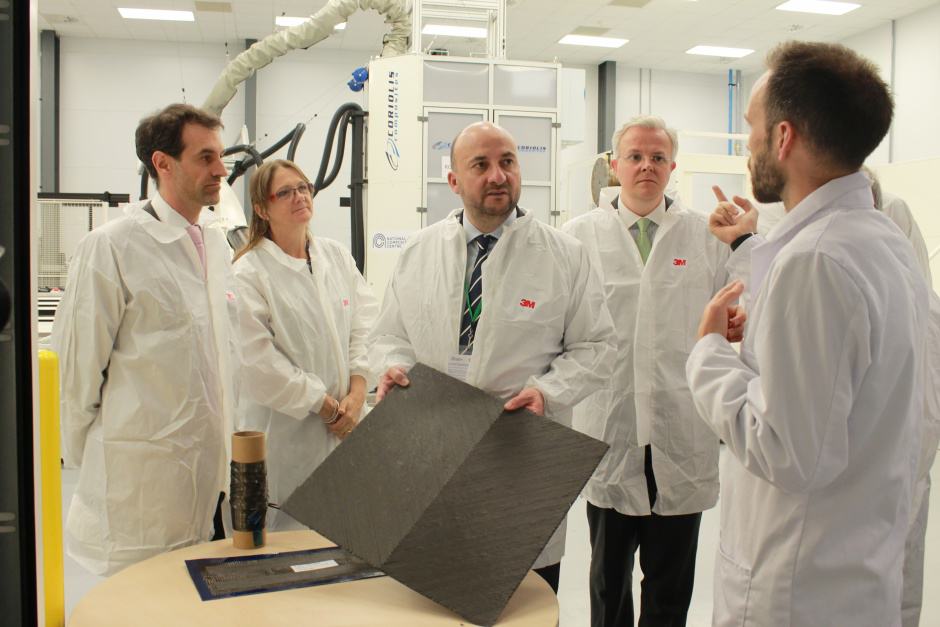UK composites researchers sign MOU with Luxembourg team
In what’s been hailed as a promising example of ongoing collaboration between UK and European researchers, the UK’s National Composites Centre (NCC) has signed a collaborative innovation agreement with Luxembourg Institute of Science and Technology (LIST).

The agreement sets out to advance the innovation capability and capacity across the two organisations and is expected to further advance exploitation of the opportunities of composites for the UK. LIST has particular expertise in bio-based materials, nano additives and life cycle analysis, all of which are of interest to the NCC.
The MOU between the NCC - which is part of the HVM Catapult - and LIST is based on a model that the NCC has used before with institutions such as the Japanese National Composites Centre and the Stichting Thermoplastic Composites Centre in the Netherlands, alongside University research groups across the world including the University of Bristol.
Commenting on the agreement with LIST Alison Starr, Executive Director Strategy & Business at the NCC said: “This is an exciting opportunity for the NCC. We have established a world leading position in composites technology and our open innovation environment has led to many collaborative projects over the last 5 years. This MOU further enhance our capability to support and advance our knowledge and expertise, therefore enabling us to deliver the best for our customers.”
Register now to continue reading
Thanks for visiting The Engineer. You’ve now reached your monthly limit of news stories. Register for free to unlock unlimited access to all of our news coverage, as well as premium content including opinion, in-depth features and special reports.
Benefits of registering
-
In-depth insights and coverage of key emerging trends
-
Unrestricted access to special reports throughout the year
-
Daily technology news delivered straight to your inbox










Water Sector Talent Exodus Could Cripple The Sector
One possible reform to the Asset Management Plan (AMP) system would be to stagger the five year cycle across the ten or so water businesses, so that...